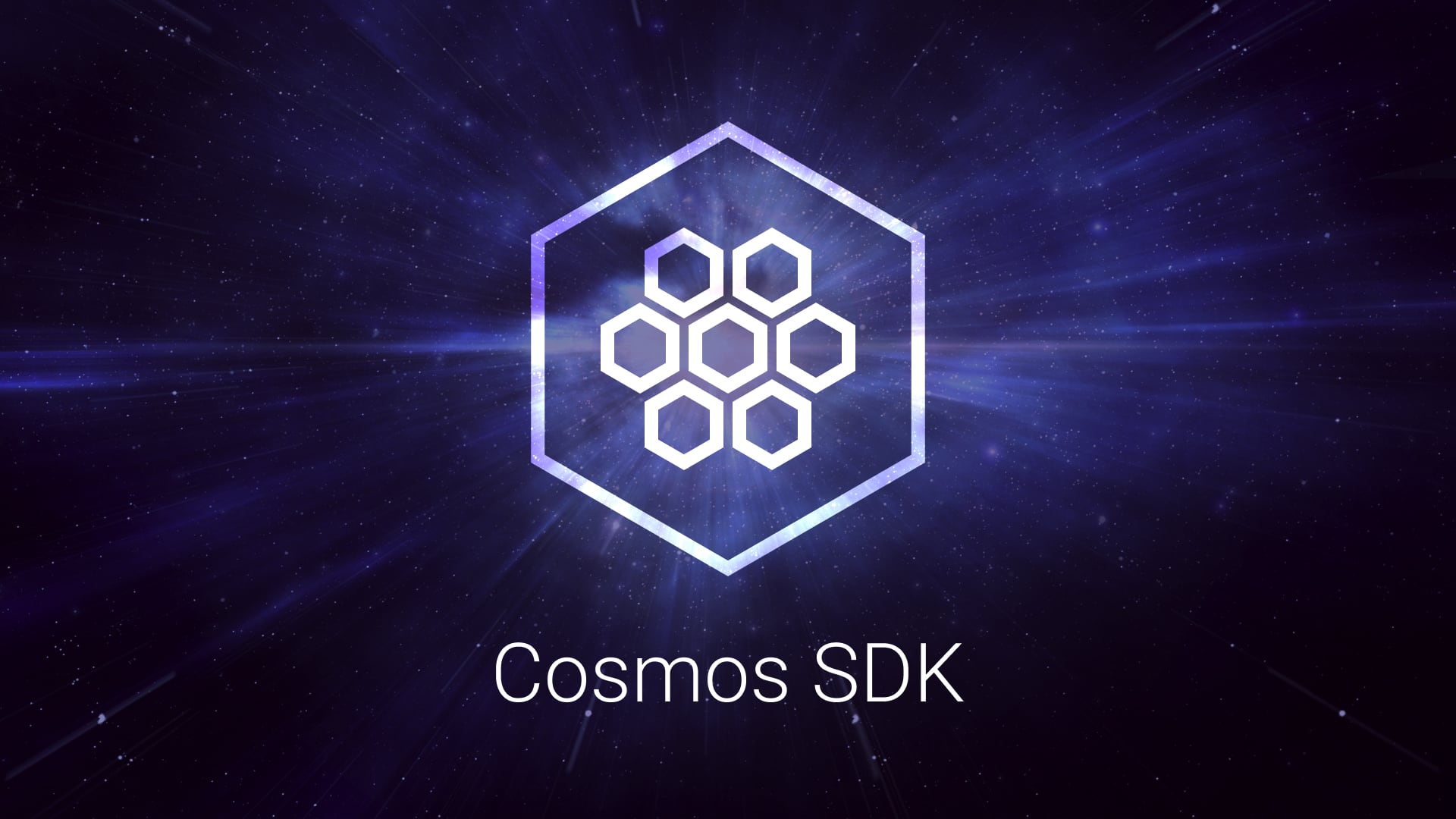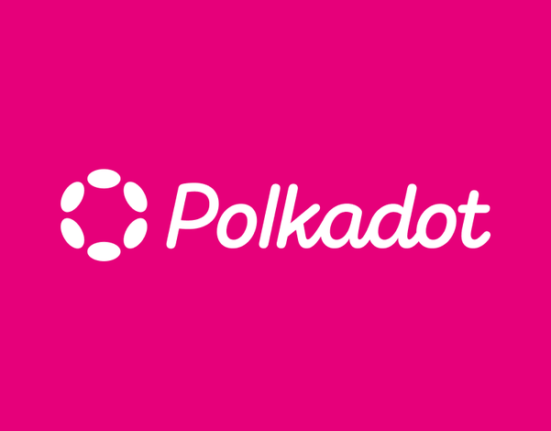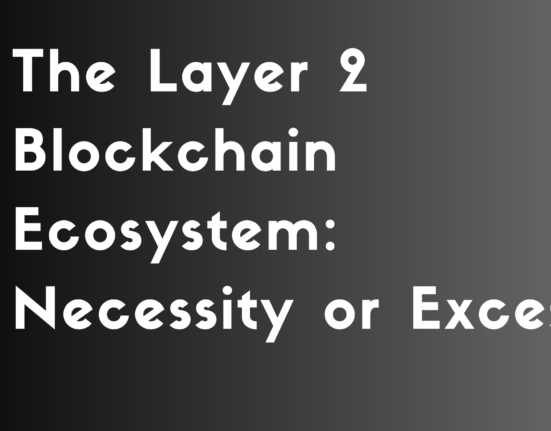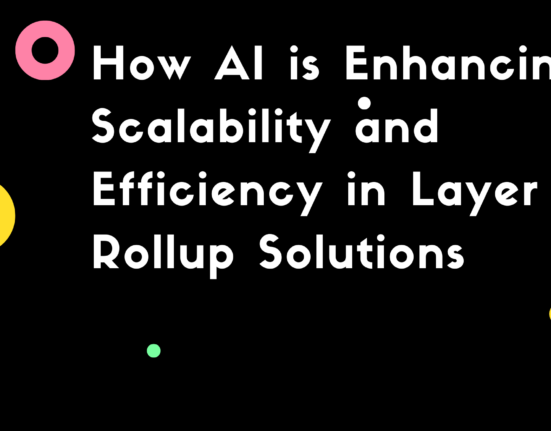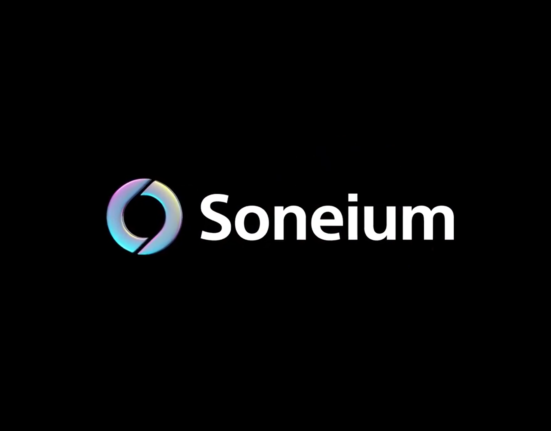The Cosmos SDK is a robust and versatile framework for building application-specific blockchains. Developed by the Interchain Foundation, this open-source software development kit (SDK) offers a highly modular and customizable approach for creating blockchain networks tailored to specific use cases. By leveraging the Cosmos SDK, developers can efficiently build blockchains that are both scalable and interoperable within the broader Cosmos ecosystem.
Contents
Core Principles of Cosmos SDK
The Cosmos SDK is underpinned by several key principles that make it a powerful tool for blockchain development:
- Modularity: The Cosmos SDK’s modular architecture allows developers to assemble blockchains by selecting and integrating various pre-built modules. This modularity enables customization while minimizing the need to reinvent fundamental blockchain components. Each module performs specific functions—such as token management, staking, or governance—allowing developers to tailor their blockchain to their precise needs.
- Interoperability: One of the standout features of the Cosmos SDK is its emphasis on interoperability. Through the Inter-Blockchain Communication (IBC) protocol, blockchains built with the Cosmos SDK can communicate with and exchange value across other blockchains in the Cosmos network. This capability is vital for fostering a connected blockchain ecosystem and enabling diverse use cases.
- Scalability: Cosmos SDK supports horizontal scalability by allowing multiple independent blockchains to operate concurrently. Each blockchain can be optimized for its particular application, reducing the risk of network congestion and bottlenecks. This approach contrasts with traditional single-chain blockchains, which often face limitations in scalability.
- Security: Security is a fundamental concern for blockchain networks, and the Cosmos SDK addresses this through various mechanisms. It employs the Tendermint consensus engine, which combines Byzantine Fault Tolerance (BFT) with Proof-of-Stake (PoS) to ensure secure and reliable consensus across the network. Additionally, the SDK incorporates robust cryptographic algorithms to safeguard data and transactions.
Key Components of Cosmos SDK
The Cosmos SDK comprises several integral components that work together to provide a comprehensive blockchain development platform:
- Base Application (BaseApp): The BaseApp is the core of the Cosmos SDK. It serves as the foundation for blockchain applications, handling essential functions such as transaction processing, state management, and message routing. The BaseApp abstracts the complexity of lower-level operations, enabling developers to focus on their application-specific logic.
- Modules: Modules are interchangeable and reusable components that add specific functionalities to a blockchain application. The Cosmos SDK comes with a suite of standard modules, including:
- Bank Module: Manages the transfer, balance, and issuance of tokens. It ensures that all token transactions are processed accurately and that user balances are updated in real time.
- Staking Module: Facilitates staking and delegation of tokens, which is crucial for maintaining the security and integrity of the blockchain. It includes features for slashing (penalizing bad actors) and rewards distribution.
- Governance Module: Manages on-chain governance, allowing stakeholders to propose and vote on changes to the blockchain protocol. This module ensures that the blockchain evolves according to the consensus of its community.
- Crisis Module: Provides mechanisms for handling emergency situations, such as system failures or critical vulnerabilities, ensuring the blockchain remains operational under adverse conditions.
- Application Programming Interface (API): The Cosmos SDK offers a set of APIs that facilitate interaction between the blockchain and external applications. These APIs enable functionalities such as querying blockchain data, submitting transactions, and integrating with other systems.
- Consensus Engine: The Cosmos SDK utilizes the Tendermint consensus engine, a Byzantine Fault Tolerant (BFT) consensus algorithm combined with Proof-of-Stake (PoS). Tendermint provides a high level of security and performance, allowing nodes in the network to reach consensus on the blockchain’s state even in the presence of faulty or malicious actors.
- Inter-Blockchain Communication (IBC): The IBC protocol is essential for enabling communication and value transfer between different blockchains within the Cosmos ecosystem. It allows for secure and reliable cross-chain transactions, supporting a wide range of use cases, from asset transfers to data sharing.
How Cosmos SDK Works
The Cosmos SDK provides a streamlined process for creating and managing custom blockchains through its modular architecture and integrated components.
- Blockchain Creation: To create a blockchain using the Cosmos SDK, developers first define their blockchain’s specific requirements and select appropriate modules. These modules are customized and integrated into the blockchain application, with the BaseApp providing the necessary infrastructure for processing transactions and managing state.
- Transaction Processing: When a transaction is submitted to the blockchain, the BaseApp processes it according to the application logic defined by the integrated modules. For instance, if the transaction involves transferring tokens, the Bank Module manages the transfer and updates account balances accordingly. The transaction is then validated and committed to the blockchain ledger.
- Consensus Mechanism: The Tendermint consensus engine manages the consensus process. Validators propose and vote on blocks of transactions. Tendermint ensures that a majority of validators agree on the block’s validity before it is added to the blockchain. This consensus process is crucial for maintaining the integrity and security of the blockchain.
- Interoperability: When a blockchain needs to interact with another blockchain within the Cosmos ecosystem, it uses the IBC protocol. IBC facilitates the secure transfer of assets and data between chains, ensuring that both parties involved in the transaction agree on its validity.
Use Cases
The Cosmos SDK’s flexibility and scalability make it suitable for a wide range of applications. Here are a few examples of successful projects built using the Cosmos SDK:
- Binance Chain: Binance Chain, the native blockchain of the Binance cryptocurrency exchange, was initially built using the Cosmos SDK. It focuses on high-speed trading and has achieved significant success in the cryptocurrency space. The modular design of the Cosmos SDK allowed Binance Chain to integrate features specific to trading while maintaining interoperability with other Cosmos-based chains.
- Terra: Terra is a blockchain platform focused on stablecoins and decentralized finance (DeFi). By utilizing the Cosmos SDK, Terra has created a highly specialized blockchain for its financial applications. The SDK’s modularity and scalability have been key to Terra’s success in building a robust DeFi ecosystem.
- Osmosis: Osmosis is a decentralized exchange (DEX) built on the Cosmos SDK that facilitates the exchange of assets across different blockchains. Its use of the SDK allows it to implement advanced trading features while benefiting from the Cosmos ecosystem’s interoperability and security.
Key Modules in Cosmos SDK
| Module | Function | Description |
|---|---|---|
| Bank Module | Token Management | Manages token balances, transfers, and issuance. |
| Staking Module | Staking and Delegation | Handles staking, delegation, and slashing mechanisms. |
| Governance Module | On-Chain Governance | Manages proposal creation, voting, and protocol upgrades. |
| Crisis Module | Emergency Management | Provides mechanisms for handling critical issues and maintaining blockchain stability. |
Comparison of Cosmos SDK and Ethereum
| Feature | Cosmos SDK | Ethereum |
|---|---|---|
| Modularity | Highly modular; developers can choose and integrate various modules. | Monolithic architecture; less modular flexibility. |
| Consensus Mechanism | Tendermint BFT with Proof-of-Stake (PoS). | Proof-of-Work (PoW) transitioning to Proof-of-Stake (PoS). |
| Interoperability | Supports Inter-Blockchain Communication (IBC). | Limited interoperability; relies on bridging solutions. |
| Scalability | Supports horizontal scaling with multiple chains. | Scalability challenges due to single-chain design. |
| Development Complexity | Modular design simplifies development; easier to customize. | Development can be complex due to monolithic design and high gas fees. |
Conclusion
The Cosmos SDK represents a transformative approach to blockchain development by offering a modular, scalable, and interoperable framework for creating custom blockchains. Its design allows developers to focus on their application’s unique requirements while leveraging the SDK’s foundational components to handle core blockchain functions. By enabling cross-chain communication and supporting a diverse range of use cases, the Cosmos SDK contributes to a more connected and scalable blockchain ecosystem. As blockchain technology continues to evolve, the Cosmos SDK stands as a versatile tool that addresses both current and future challenges in the space.

Raksha, a seasoned journalist, specializes in crafting insightful narratives on blockchain and AI developments. With a keen eye for innovation, she distills complex topics into accessible stories, providing readers with a clear understanding of the dynamic intersection between these transformative technologies.

